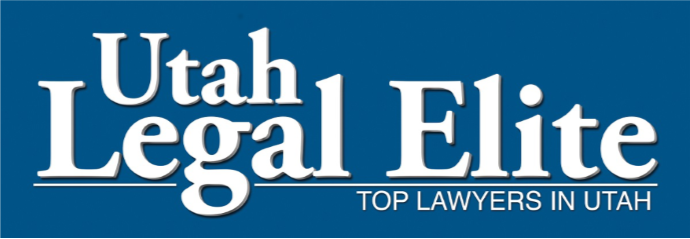Auditing employment records can be as easy as doing a quick spot-check to be sure you have the necessary documents in place, we also perform detailed examinations of those documents to ensure your company is in compliance with the applicable laws. Enforcement agencies can audit almost any issue or subject matter. Our systematic and independent examination of data, documents, records, and employment practices is a critical step in creating a strong defensible position for your company. Equally important, an audit assures stakeholders that you have taken every step to evaluate and improve the effectiveness of your risk management plan.
Compliance does not only mean conforming to a rule, policy, regulation or law, it is also a tool for attracting and retaining employees. Employers who provide the best places to work, regardless of industry, generally have the most productive employees. Employees want a safe workplace, want to be able to count on their supervisors and want the company’s rules and guidelines administered consistently.
Regulatory compliance is a goal that every company strives for; complying with relevant laws and regulations creates an environment where supervisors and employees can be successful. This is difficult with the increasing number of regulations companies are expected to follow, especially when those laws conflict with each other. Our attorneys approach compliance with consideration for your business; regulations can be met without the unnecessary duplication of effort and activity from your limited resources.
Ongoing training and reinforcing specific guidelines is necessary for your employees’ success and makes up a significant portion of regulatory compliance under the law. Training is the acquisition of information, skills, and competencies as a result of receiving information that relates to specific useful knowledge. Our attorneys work with you to identify what your supervisors and employees need to know to be successful, and practices they must adopt in order to protect the organization as a whole.









Utah One of the Leading States for Advanced Industries Employment
2014 Executive Orders on Immigration Video Presentation
Form I-9 Compliance Video Presentation